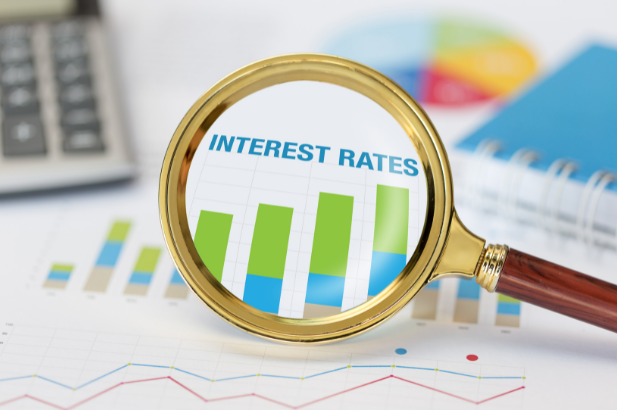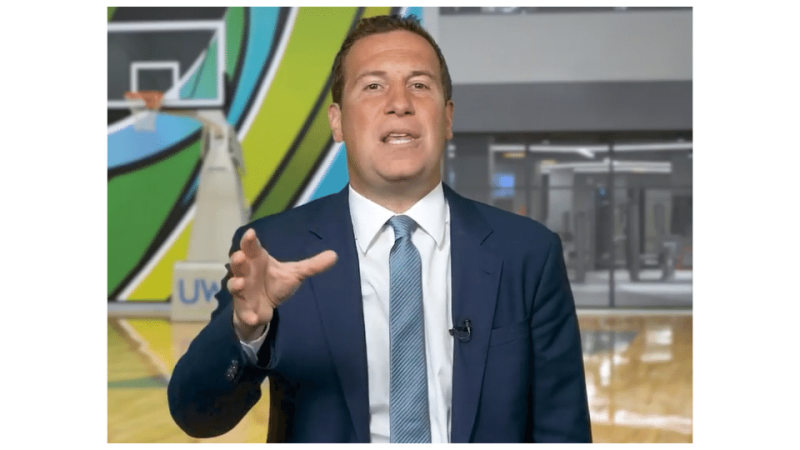
Yun: Fed's Recent Rate Hike Was Unnecessary

NAR Chief Economist says he expects Fed to stop boosting rates.
National Association of Realtors Chief Economist Lawrence Yun says the Federal Reserve's most recent rate hike was unnecessary, and he expects the Fed will stop raising interest rates further.
Yun expressed his opinion during the "Residential Economic Issues & Trends Forum" at NAR's 2023 Realtors Legislative Meetings in Washington D.C. He was joined on the forum panel by Robert Dietz, chief economist for the National Association of Home Builders
In discussing recent developments in the U.S. economy and their impact, Yun said the Fed's aggressive rate hikes — it has raised the federal funds rate 10 times in the past 14 months — have hurt regional banks and the housing market. He noted that inflation has already started to calm, but rents on apartments and single-family homes remain elevated.
"Inflation will not reignite — inflation will come down closer to 3% by the year's end," he said. "Inflation has calmed down, while rents are still accelerating."
According to the Consumer Price Index report released Wednesday, annual inflation dipped to a 4.9% rate in April, a significant drop from last summer, when the rate peaked at 9.1%. The CPI did increase 0.4% month-over-month, up from 0.1% in March, driven primarily by shelter, which rose 8.1%.

Yun said apartment construction has reached a 40- to 50-year high.
"Rent growth will decrease because apartment construction — entry units coming on the market — is already in the pipeline," he said. "We are already moving in the right direction towards consumer price inflation."
Yun said new home sales are back to pre-pandemic levels, but sales of existing homes are historically low because inventory is down 40% compared to 2019. The housing market is being held back by the lack of inventory for sale, a problem that existed before the pandemic.
"We have to stop the bleeding before improvement takes place," he said. "We need to get more inventory, and the long-term solution is more home building."
He explained that housing prices have run up dramatically because of the housing shortage, and added that recent price declines are temporary.
"Home price increases are naturally good for homeowners," Yun said. "Everyone participates in wealth gains if you're a homeowner."
There is a wealth gap between the typical homeowner and renter, he said, adding that the homeownership rate has increased slightly, which means that more Americans will experience wealth gains and long-term financial security.
Yun said he forecasts that mortgage rates will fall closer to 6% this year, and go below 6% next year. He said he expects new and existing-home sales to bottom out in 2023 before an upturn next year.
Dietz agreed with Yun about housing supply and inflation.
"How do we solve the lack of inventory?" he asked. "We've got to build more housing."

Dietz said inflation is heading lower, and that the actions taken by the Fed since 2022 are working. He added that more affordable housing must be built to help to tame inflation.
He also highlighted the supply-side factors that pose a challenge for builders. Building materials costs have accelerated significantly, he said.
While the good news is that materials are 1% to 2% cheaper now, the bad news is there is less demand for building, he said. High lumber prices have retreated, but that's because demand for lumber is reduced. There is also a lack of labor for construction jobs, he said.
Acquisition, development, and construction loans are very high — at 11% to 12%, Dietz said.
By raising interest rates, the Fed made it more expensive to build and develop housing, he said, adding that regulatory costs also inhibit housing inventory improvements.
"It's death by a thousand cuts," Dietz said. "It's impossible to build entry-level housing when you've got — before putting a shovel in the ground — $200,000 in regulatory costs."
He forecasts that the Fed will ease interest rates in 2024, but not this year. "The back half of this decade looks really good," Dietz added.




